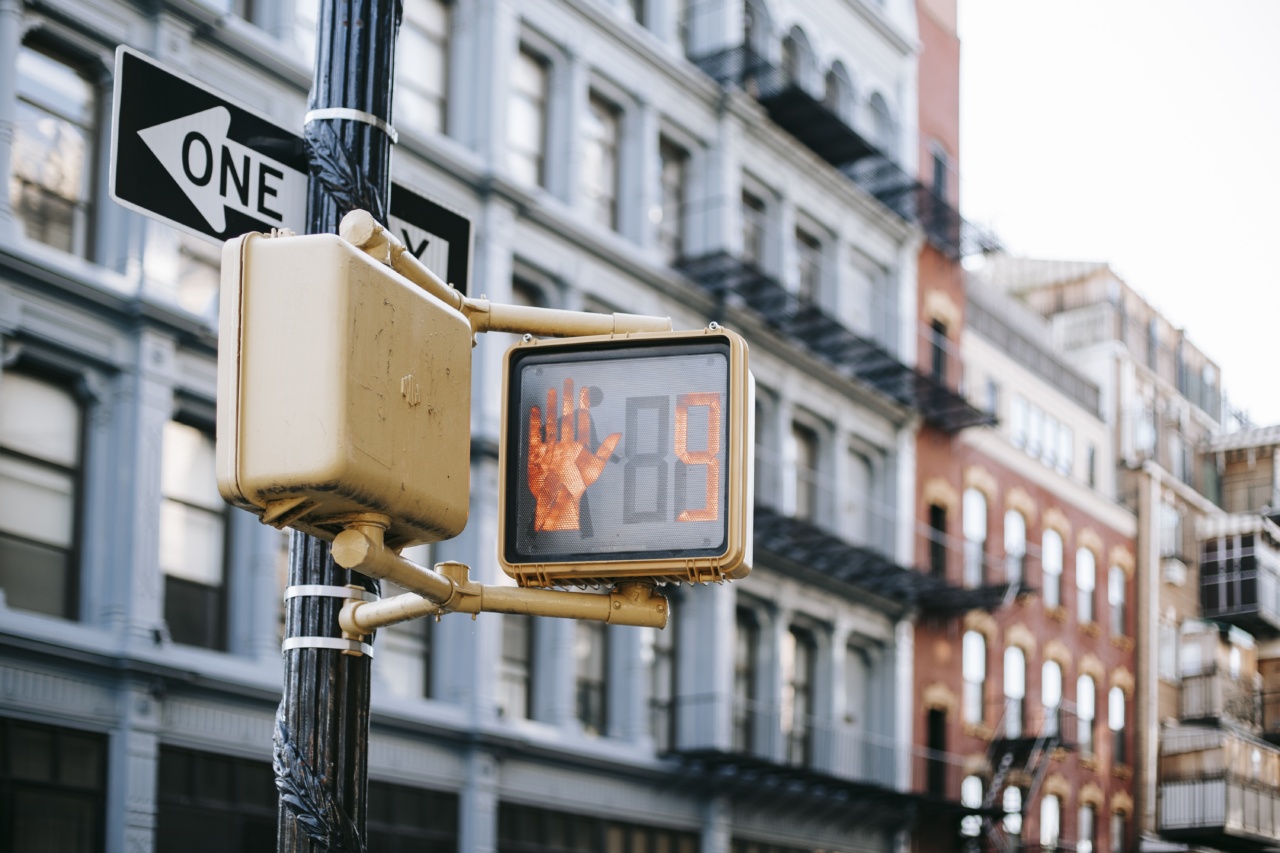Many people may assume that losing one’s sense of smell in old age is a natural part of the aging process.
However, recent studies have shown that it could be an indication of a more serious health issue, and could even be a warning sign for early death.
What causes a weaker sense of smell in old age?
As people get older, their sense of smell naturally declines. This is due to a number of factors, including changes to the olfactory neurons in the nose, as well as a decrease in the amount of mucus produced in the nasal passages.
Additionally, certain medical conditions and medications can also affect one’s sense of smell.
What are the potential health risks associated with a weaker sense of smell?
Studies have shown that a weaker sense of smell in older adults could be associated with a higher risk of mortality.
In one study, researchers found that those with the poorest sense of smell were at a 46% higher risk of death over a 10-year period compared to those with a stronger sense of smell.
Additionally, a weaker sense of smell has also been linked to a higher risk of developing certain health conditions, such as Alzheimer’s disease and Parkinson’s disease.
In fact, some researchers believe that changes in a person’s sense of smell could be an early indication of these conditions, before any other symptoms become apparent.
How can a weaker sense of smell be diagnosed?
If you or a loved one has noticed a decline in your sense of smell, it is important to speak with a healthcare provider.
They can perform various tests to determine the extent of the olfactory loss, and may also investigate potential underlying medical conditions or medications that could be contributing to the problem.
What can be done to improve a weaker sense of smell?
While there is no cure for a weaker sense of smell, there are a number of things that can be done to help improve the condition.
Firstly, it is important to maintain good nasal hygiene by keeping the nasal passages moist and clear of mucus. This can be done by using nasal sprays, saline rinses, or a humidifier.
Additionally, certain exercises and training programs can help to improve olfactory sensitivity. This can include smelling different scents and trying to identify them, or taking part in aromatherapy or other scent-based activities.
Finally, it is important to manage any underlying medical conditions or medications that could be affecting the sense of smell. This may involve working with a healthcare provider to adjust medication dosages or consider alternative treatments.
What are some steps that can be taken to improve overall health and longevity?
While a weaker sense of smell may be a warning sign for early death, there are many things that individuals can do to improve their overall health and longevity.
This can include maintaining a healthy diet and exercise routine, managing stress levels, getting regular check-ups and screenings, and avoiding risky behaviors such as smoking and excessive alcohol consumption.
Additionally, staying socially connected and engaged can also help to improve mental and physical health.
Conclusion
A weaker sense of smell may be more than just a natural part of the aging process. It could be an indication of an underlying health issue, and a warning sign for early death.
If you or a loved one has noticed a decline in your sense of smell, it is important to speak with a healthcare provider to determine the cause and explore potential treatment options.





























